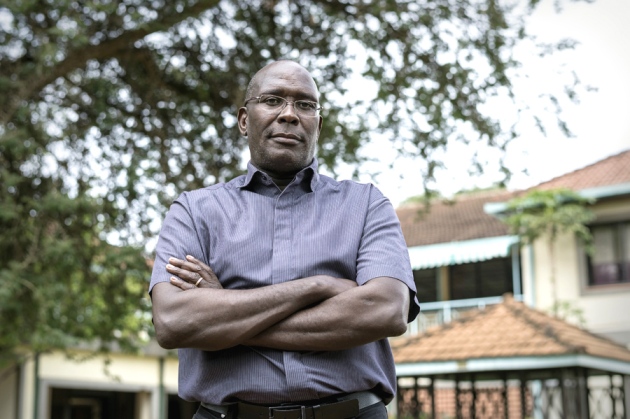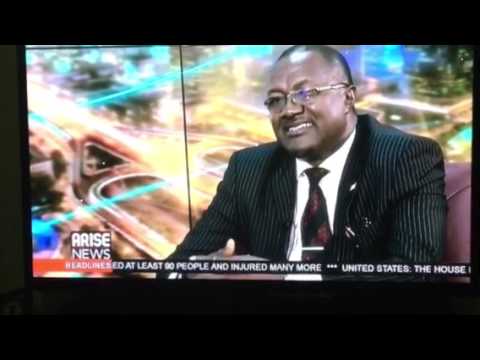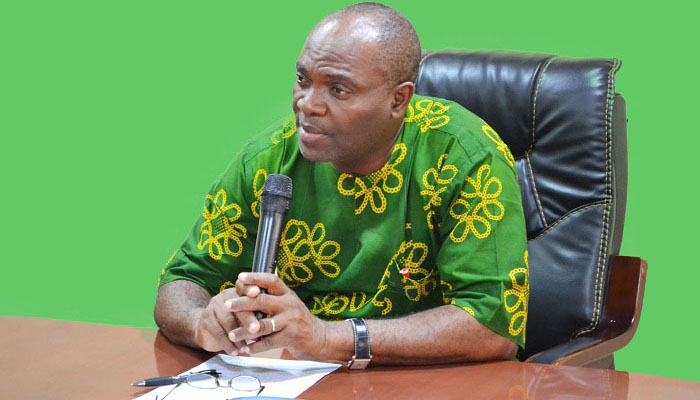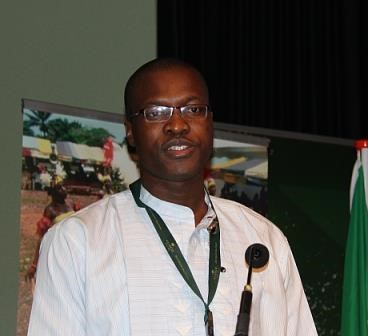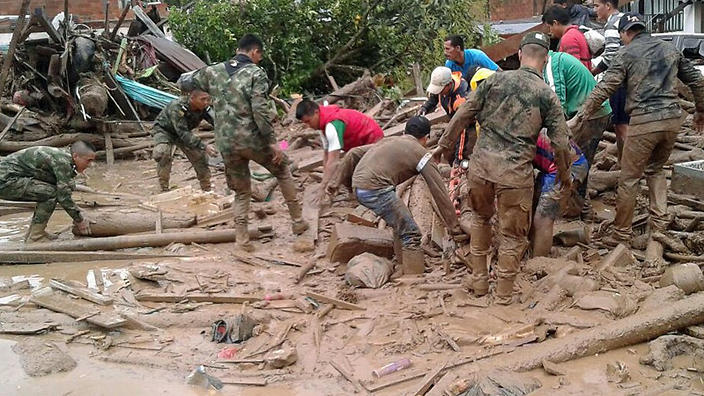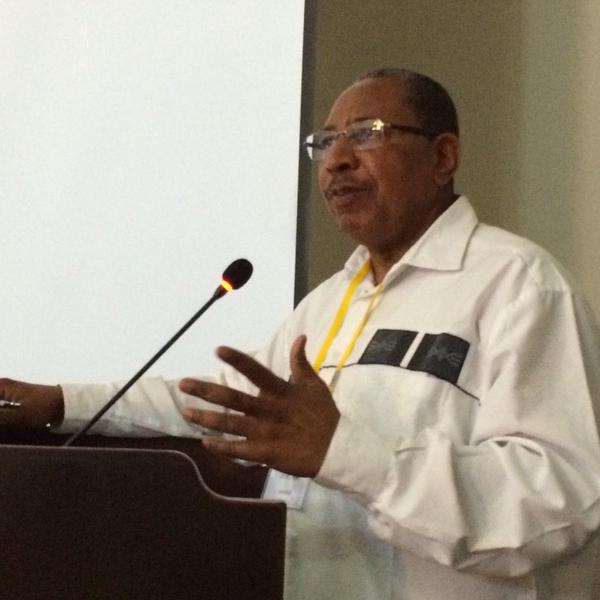The Asian Development Bank (ADB) and the Government of India on Friday, March 31, 2017 signed a $200 million loan to finance installation of millions of energy-efficient lights in streets and homes as well as energy-efficient water pumps across India that will lead to energy savings of around 3,800 gigawatt-hours annually.
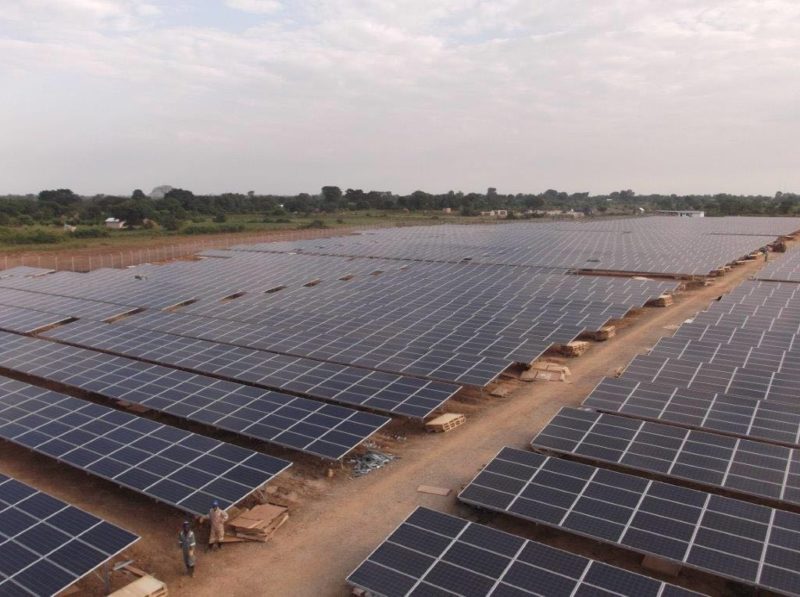
ADB funds will be provided to Energy Efficiency Services Ltd. (EESL), a joint venture between four public sector bodies, alongside another $200 million of its own, to finance energy service utilities, which often have trouble accessing commercial finance for energy-saving projects. EESL will make loans available for installing light-emitting diode (LED) streetlights by municipalities and LED bulbs, tube lights, and electric fans by households and institutions, and for installing energy-efficient water pumps.
“The installation of energy-efficient equipment will give significant energy savings, expected to be 30% from agricultural water pumps, about 80% from households and institutions LED lighting, and about 50% from LED streetlights,” said L. B. Sondjaja, Deputy Country Director of ADB’s India Resident Mission who signed the loan on behalf of ADB.
“The project is suitably aligned with the goals of the Government of India’s National Mission for Enhanced Energy Efficiency (NMEEE) that aims to expand market for energy-efficient technologies and reduce greenhouse gas emissions,” said Raj Kumar, Joint Secretary (Multilateral Institutions), Department of Economic Affairs in the Ministry of Finance who signed the loan agreement for the Government of India. “Several initiatives to enhance energy efficiency in energy intensive businesses have already been launched by the government under NMEEE with an aim to unlock the market for energy efficiency projects that is estimated at over $1 billion.”
The project agreement was signed by S. Gopal, Chief General Manager (Finance) on behalf of EESL.
The ADB and EESL funds will be used for subprojects across Andhra Pradesh, Goa, Karnataka, Maharasthra, Rajasthan, Telangana, Uttar Pradesh, and other eligible states. The entire $400 million project will install 1.5 million LED street lamps, 42 million LED household lamps, ceiling fans and LED tube lights, and 225,000 new pumps.
The $200 million ADB loan is from ADB’s ordinary capital resources (OCR) and will have a 20-year term, including a grace period of 5 years, at an annual interest rate determined in accordance with ADB’s London interbank offered rate (LIBOR)-based lending facility.
ADB, based in Manila, is dedicated to reducing poverty in Asia and the Pacific through inclusive economic growth, environmentally sustainable growth, and regional integration. Established in 1966, ADB is celebrating 50 years of development partnership in the region. It is owned by 67 members – 48 from the region.


